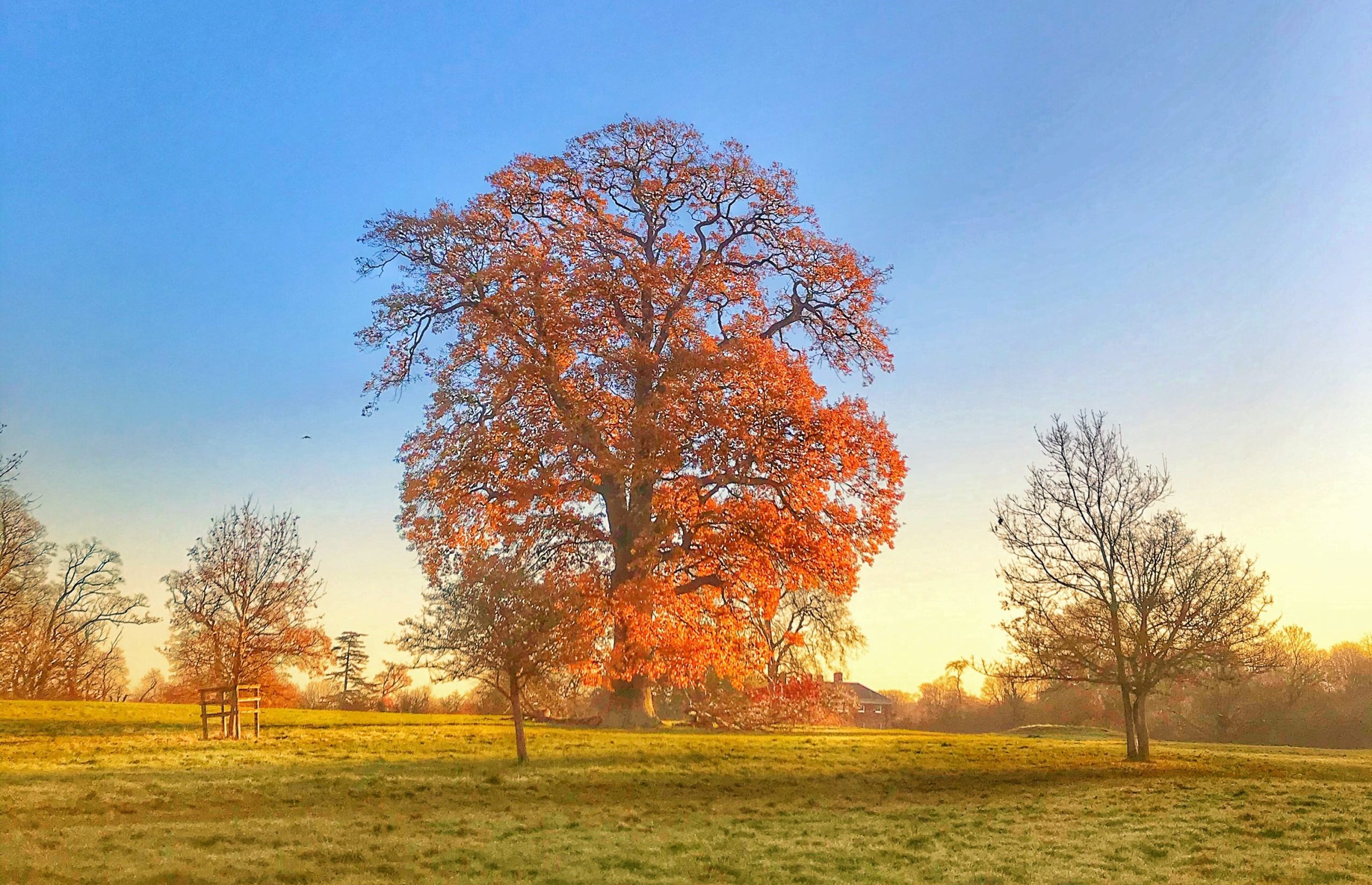The National Garden Scheme launches a new partnership with the Woodland Trust to help champion the country’s trees

The National Garden Scheme has announced a new partnership with the Woodland Trust aimed at promoting a wider understanding and appreciation of trees within both a wild and domestic garden setting.
Commenting on the partnership, Darren Moorcroft, CEO of the Woodland Trust said: “Trees are a powerful weapon in the current fight back against both the climate and nature emergencies, and we hope that this partnership with the National Garden Scheme will help encourage the wider community of garden owners and visitors to appreciate their importance and to plant more trees. We want to see a country rich in native woods and trees, for people and for wildlife.”
National Garden Scheme CEO, George Plumptre added: “The majority of the 3,700 gardens that open for the National Garden Scheme across England and Wales have trees as part of their design. While historically trees were used in gardens to provide structure and form, today there is a wider acceptance of their important role in carbon capture, flood prevention, pollution reduction and in helping to cool our homes, towns and cities. They are also vital for garden wildlife, especially birds. It is our hope that this partnership with the Woodland Trust will help highlight and promote the benefits that trees bring and that together we can encourage more trees to be planted.”
Among the thousands of gardens that the National Garden Scheme opens are over 150 gardens where trees form a significant part of, or focus of their design. There are the gardens of Luton Hoo and Southill Park landscaped by Capability Brown in the 18th Century, the woodland gardens of Fullers Mill, Suffolk and Parish’s House, Bath and the trees that tell stories like the large sequoia in a Leicestershire garden damaged by a bomber in World War II and the 250 year old Lucombe Oak in an urban garden in Bristol. There are also 16 national collections of trees that open under the National Garden Scheme and, with many close to Woodland Trust woods, they provide the perfect combined visitor experience.
“Great gardens and beautiful woodlands are key ingredients in what makes this country so special,” adds George Plumptre. “And owners of gardens – great and small – can play a significant role in protecting this important heritage and the wider environment by caring for and planting trees.”
With many garden owners being the custodians of national tree collections, champion trees, arboreta, woodland and orchards – the National Garden Scheme has a wealth of case studies and is uniquely positioned to help promote the benefits of trees to thousands of gardeners and garden visitors.
National tree collections that open with the National Garden Scheme
Acer (maple) Alnus (alder). Blagdon, Northumberland
Betula (birch). Stone Lane Gardens, Devon
Carpinus (hornbeam). West Lodge Park, London
Cornus (dogwood). Newby Hall, Yorkshire
Eucalyptus (gum tree). Meon Orchard, Hampshire
Eucryphia. Whitstone Farm, Devon
Hoheria. Abbotsbury, Dorset
Juglans (walnut). Upton Wold, Gloucestershire
Malus (crab apple). Barnards Farm, Essex
Picea (spruce). Yorkshire Arboretum, Yorkshire
Pinus (pine). Lovell Quinta Arboretum, Cheshire
Podocarpus (plum pine). Meon Orchard, Hampshire
Quercus (oak). Chevithorne Barton, Devon
Sorbus (rowan or mountain ash). Ness Botanic, Cheshire and Wirral
Visit our partnership page here
Woodlands open to the public with the Woodland Trust – all of their woods are open to the public, you can find the list at: https://www.woodlandtrust.org.uk/visiting-woods/find-woods/


















